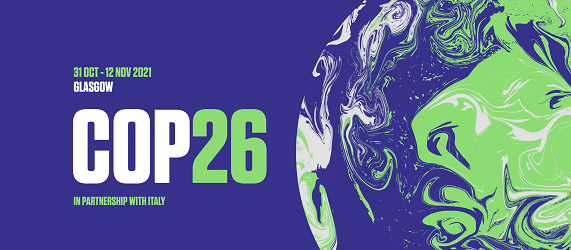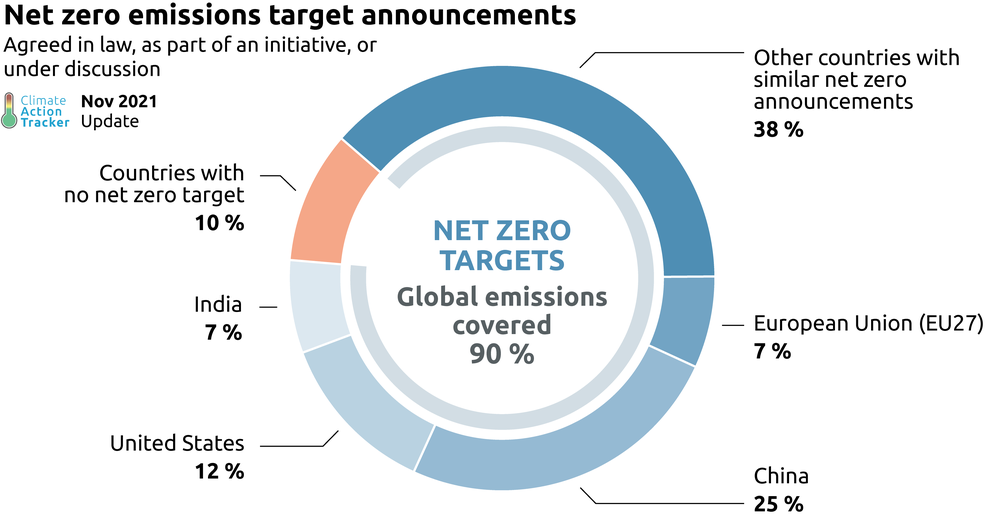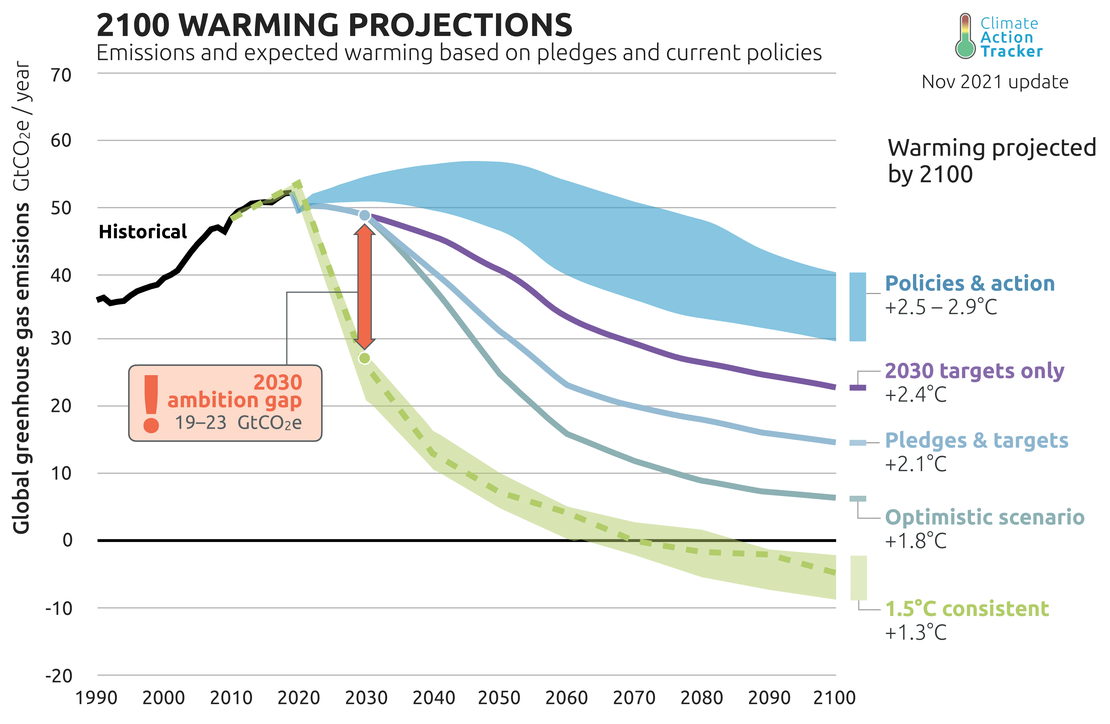
On November 13, 2021, diplomats from nearly 200 countries vowed to step up their efforts to slow global warming. The Glasgow Climate Pact, signed at the United Nations Climate Change Conference (COP26) in Glasgow, Scotland, was not as far-reaching as many had hoped. However, there was a clear consensus about the urgency to take action to prevent a catastrophic rise in global temperatures.
The agreement’s highlights include a pledge to reduce global methane emissions by 30 percent in the next ten years. More than 100 world leaders— from countries representing over 90 percent of the world’s forests — also agreed to cease and reverse deforestation by 2030.

For the first time at a COP conference, 40 countries made an explicit promise to cut down the use of coal. However, environmentalists were disappointed by India and China’s demand that the agreement call for “phasing down,” rather than “phasing out,” its use. The fossil fuel is responsible for 40 percent of the world's annual carbon dioxide emissions.
The US and the European Union promised to reach net-zero emissions — which means achieving a balance so no greenhouse gases are added to the atmosphere — by 2050. China and India vowed to do the same by 2060 and 2070, respectively. The Glasgow Climate Pact also requires countries to announce more substantial pledges and outline concrete plans on how to achieve the goals at the climate change conference in Egypt in 2022.

Experts at the Climate Action Tracker estimate that if all countries keep their pledges under the new agreement, we could possibly limit global warming to 1.8 degrees Celsius by 2100. Though higher than the 1.5 degrees Celsius limit scientists are advocating, it is better than the 2.7 degrees Celsius of warming the planet is currently heading towards.
“Countries still don’t seem to understand that we’re in an emergency situation and we need to cut emissions much faster this decade, or else any hope of staying at 1.5 degrees will be lost,” said Niklas Höhne, a German climatologist and founding partner of NewClimate Institute, which created the Climate Action Tracker.
Resources: Washingtonpost.com, NPR.com, news.un.org,
